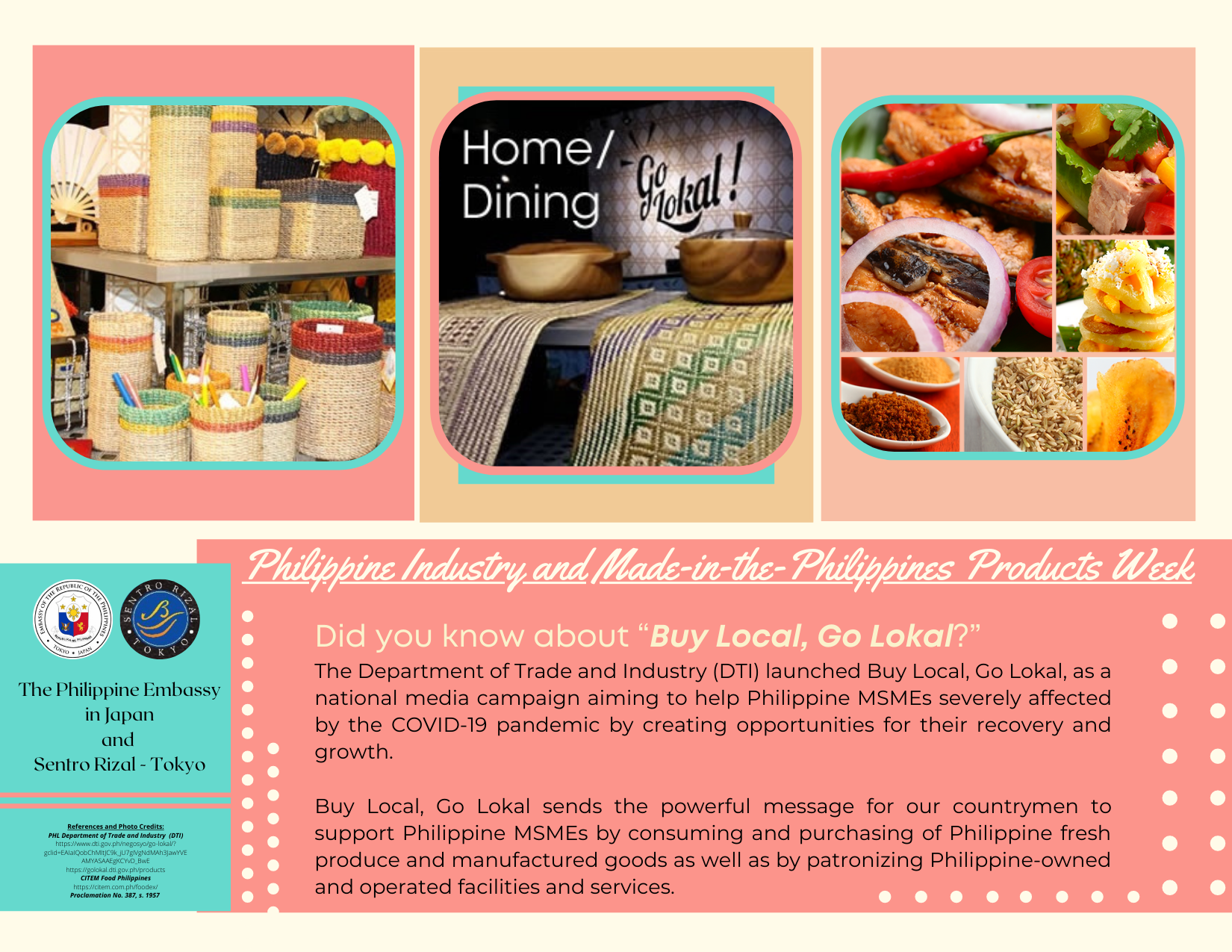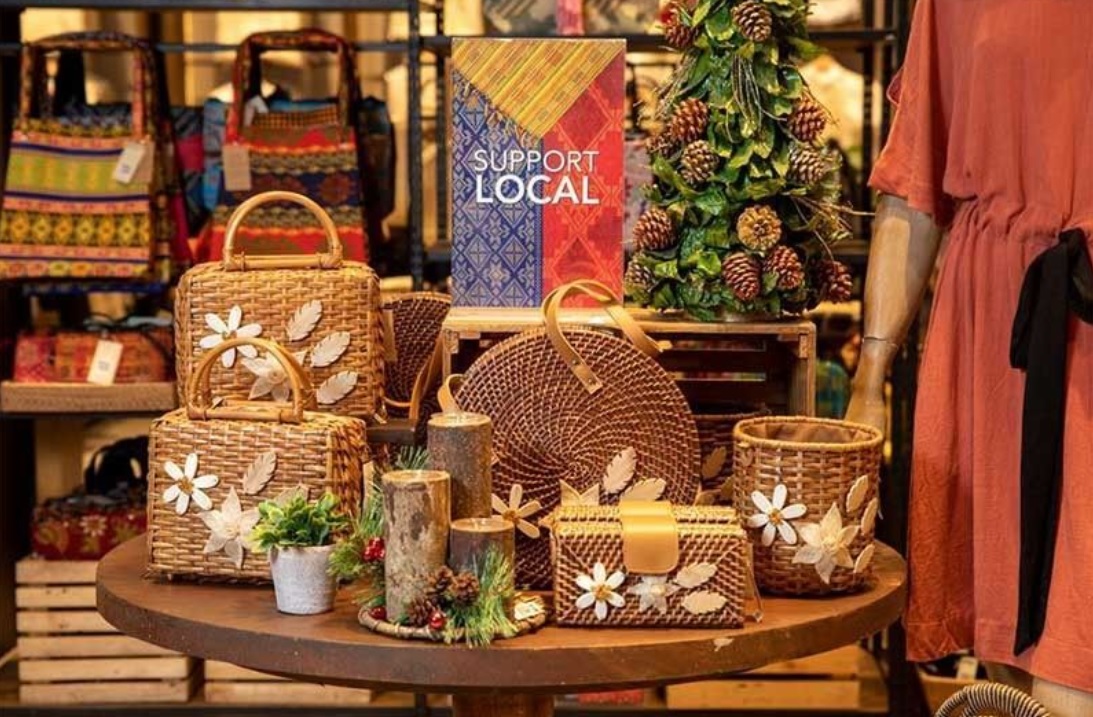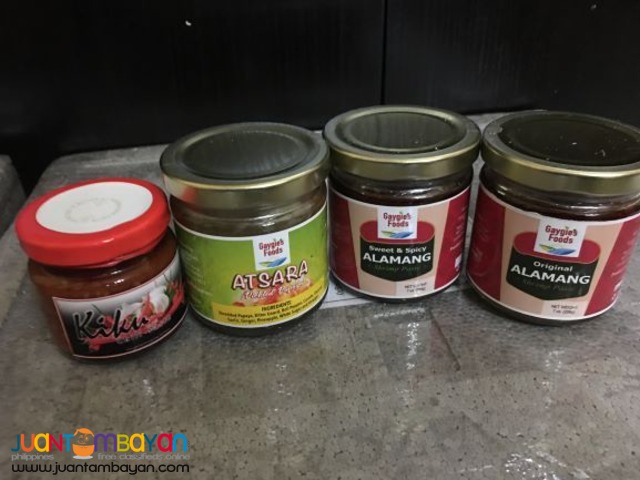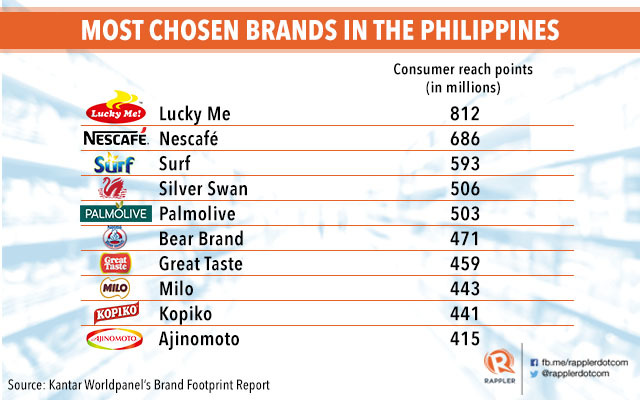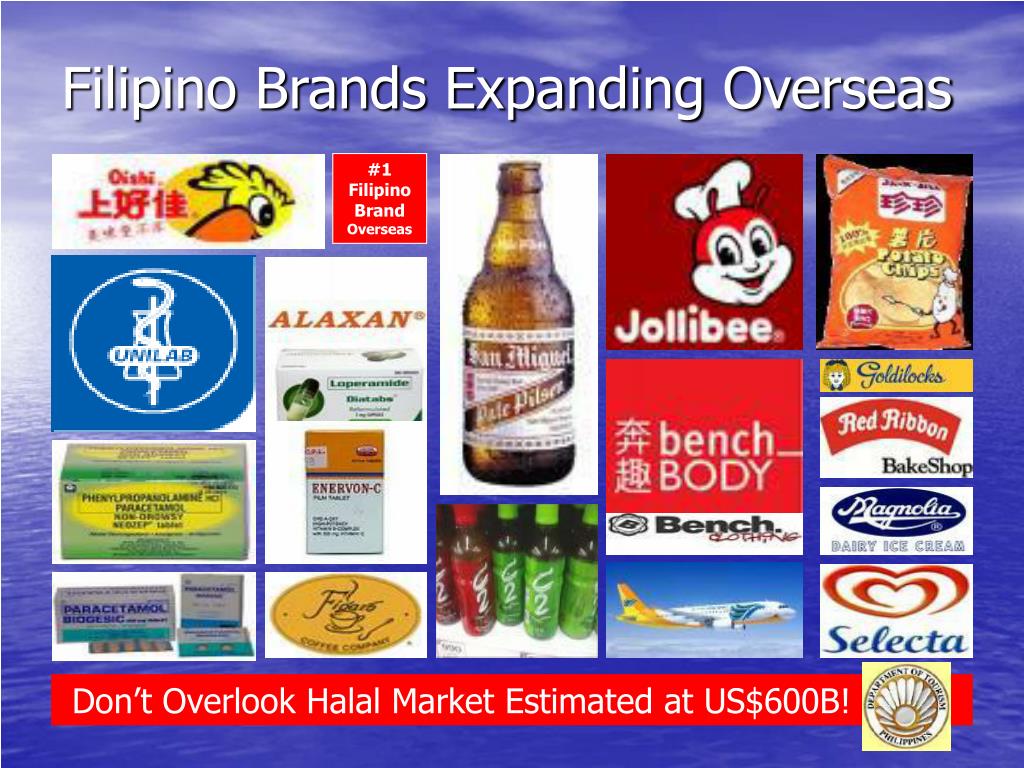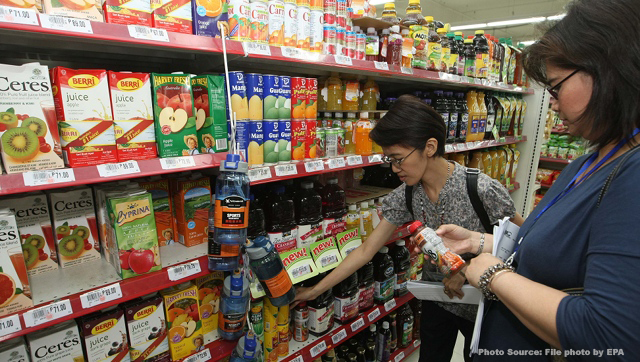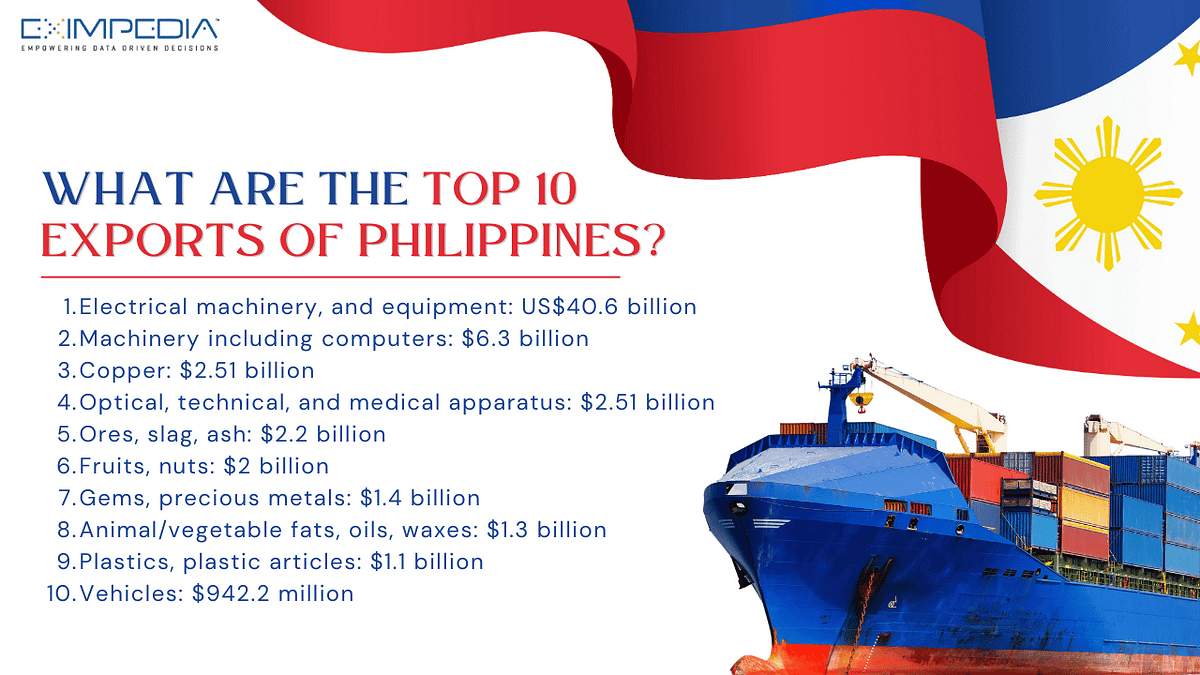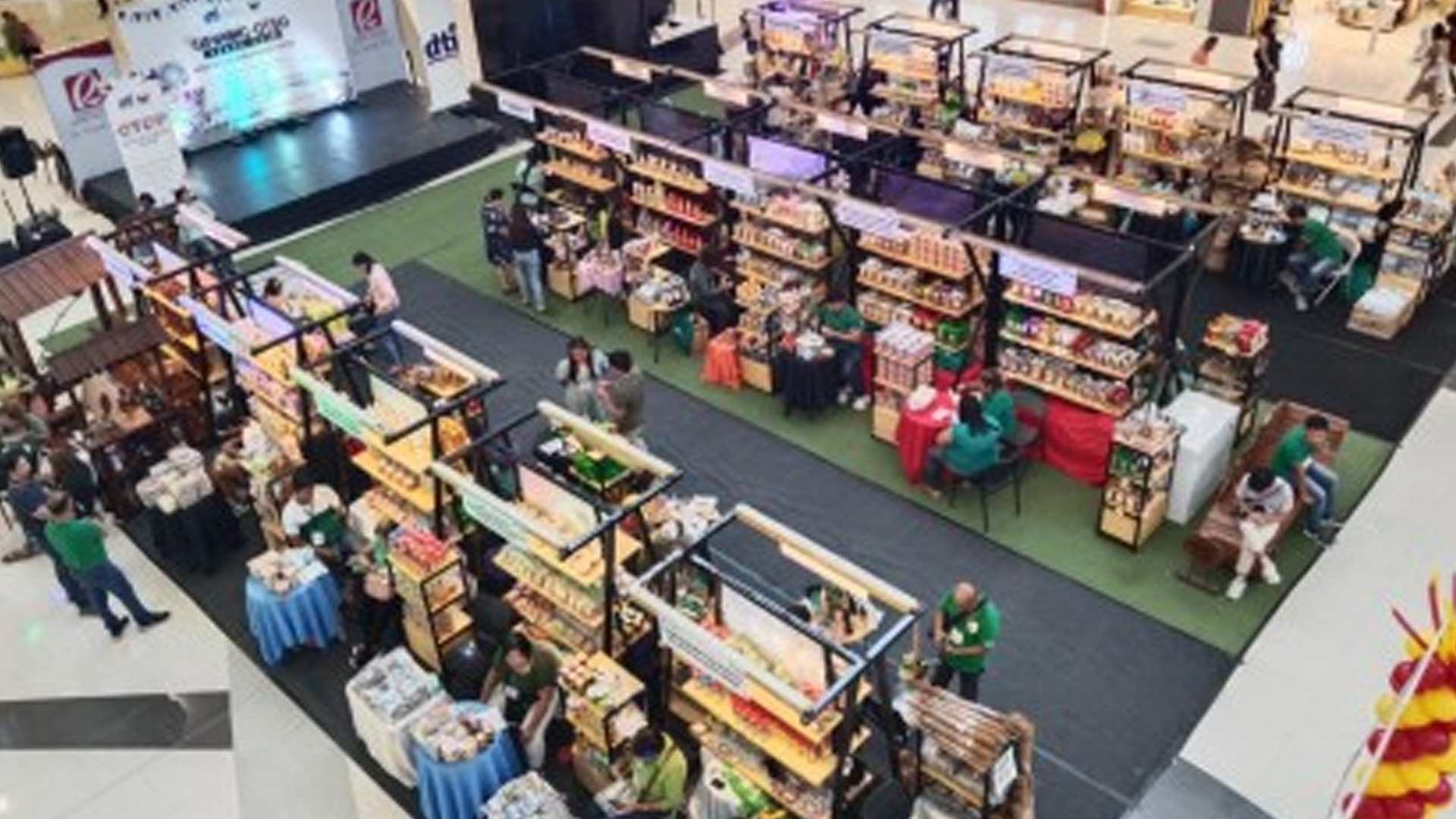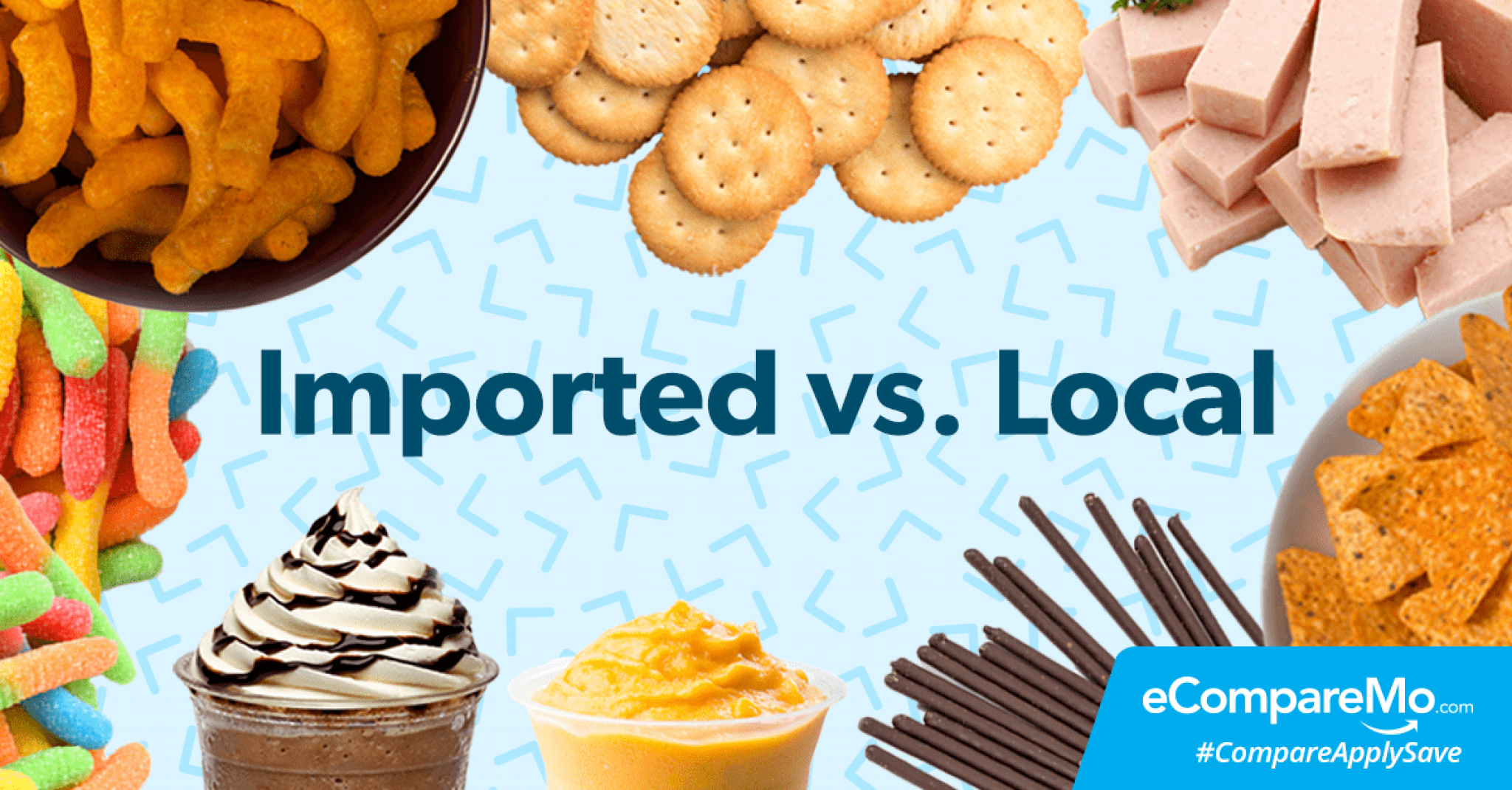Filipino Patronizing Foreign Products

The allure of international brands continues to hold a strong sway over Filipino consumers, a trend with complex implications for local businesses and the national economy. While global brands offer perceived quality and status, the preference for foreign products raises concerns about its impact on the growth and sustainability of Philippine-made goods.
This article examines the phenomenon of Filipinos patronizing foreign products, exploring the underlying reasons, potential consequences, and ongoing efforts to promote local industries. Understanding this consumer behavior is crucial for policymakers, businesses, and consumers alike, as it shapes the future of the Philippine market.
The Appeal of the Foreign
Several factors contribute to the Filipino consumer's inclination towards foreign brands. Perceived quality is a significant driver. Many believe that imported goods are manufactured to higher standards and offer superior durability compared to local alternatives.
Brand recognition also plays a crucial role. International brands often invest heavily in marketing and advertising, creating a strong sense of desirability and prestige. This is amplified by social media and globalization, which expose Filipinos to a wider range of foreign products.
Furthermore, the availability and perceived lack of variety in locally produced goods can push consumers towards imported options. Limited options in certain product categories mean Filipino consumers seek alternatives from overseas.
Impact on Local Industries
The preference for foreign products can have detrimental effects on local industries. It can stifle the growth of Filipino businesses by reducing their market share and profitability.
This, in turn, can lead to job losses and hinder economic development. The lack of demand for local goods can discourage investment in innovation and improvement within domestic industries.
The Department of Trade and Industry (DTI) has consistently emphasized the importance of supporting local industries. "We must foster a sense of national pride and prioritize the consumption of Philippine-made products to strengthen our economy and create more opportunities for our people," stated Secretary Alfredo Pascual in a recent forum.
Efforts to Promote Local Products
Recognizing the challenges, various initiatives are underway to promote Philippine-made goods. The DTI leads the "Buy Local, Go Lokal" campaign, which aims to raise awareness about the quality and value of local products.
The campaign supports local entrepreneurs by providing them with access to training, market opportunities, and financial assistance. It also promotes the use of the "Made in the Philippines" seal to help consumers easily identify and support local brands.
"We are committed to empowering Filipino entrepreneurs and showcasing the creativity and innovation of our local industries," said Undersecretary Ana Maria Rosario Trinidad during the launch of a recent trade fair featuring exclusively Philippine-made goods.
Challenges and Opportunities
Despite these efforts, challenges remain. Some Filipino consumers still perceive local products as inferior in quality or lacking in innovation. Overcoming this perception requires a concerted effort from local businesses to improve their offerings and invest in marketing.
There is also a need for stronger government support in terms of infrastructure development, access to financing, and streamlined regulations. These improvements could enable local businesses to compete more effectively with foreign brands.
However, opportunities also abound. The growing trend of conscious consumerism and a greater awareness of the social and environmental impact of purchasing decisions are creating a favorable environment for local and sustainable brands.
A Call for Consumer Awareness
Ultimately, shifting consumer behavior requires a change in mindset. Filipinos need to recognize the importance of supporting local industries and the positive impact it can have on their communities and the national economy.
By actively choosing Philippine-made products, consumers can contribute to job creation, economic growth, and the preservation of Filipino culture and heritage. Embracing locally made goods is not just about patriotism; it's about investing in a brighter future for the Philippines.
The choice ultimately lies with the Filipino consumer: to continue embracing the allure of the foreign, or to champion the strength and potential of their own local industries. The future of the Philippine market depends on it.



